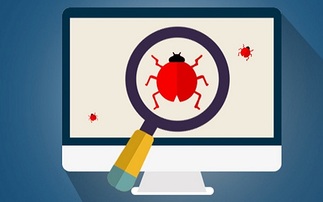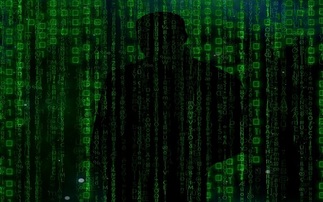A parliamentary report claims we're losing the fight against cyber crime. So how can we turn the battle around?
The UK is losing the fight against e-crime according to Parliament's Home Affairs Select Committee, with hackers and other cyber criminals triumphing over both public- and private-sector organisati...
To continue reading this article...
Join Computing
- Unlimited access to real-time news, analysis and opinion from the technology industry
- Receive important and breaking news in our daily newsletter
- Be the first to hear about our events and awards programmes
- Join live member only interviews with IT leaders at the ‘IT Lounge’; your chance to ask your burning tech questions and have them answered
- Access to the Computing Delta hub providing market intelligence and research
- Receive our members-only newsletter with exclusive opinion pieces from senior IT Leaders





















